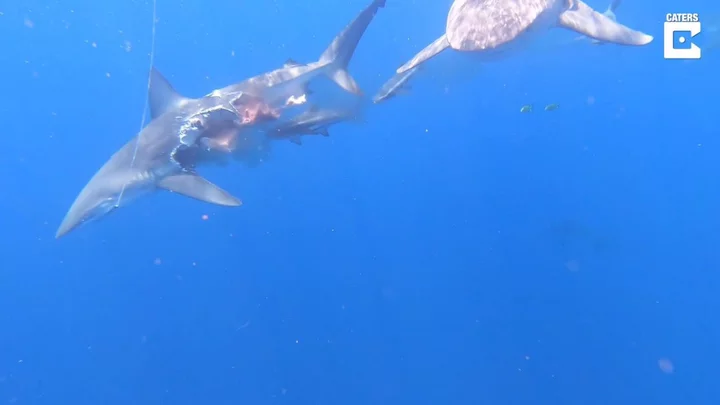A stark new discovery has revealed that cannibalism was a common practice in Europe to commemorate the dead 15,000 years ago.
Research from London’s Natural History Museum (NHM) found human remains at a famed Paleolithic site in Cheddar Gorge that appeared to have bite marks across 100 of the bones.
Scientists believe this is sufficient evidence of cannibalism in the Magdalenian group.
"We interpret the archaeological evidence that cannibalism was practised on multiple occasions across northwest Europe over a short period of time as an indication that such behaviour was part of a funerary behaviour among Magdalenian groups, and not simply practised out of necessity," Dr Silvia Bello, paleoanthropologist and principal researcher said in a statement.
Postdoctoral researcher William Marsh went on to say that the study contextualised the area by reviewing all sites "attributed to the Magdalenian culture."
"During the terminal time period of the Palaeolithic, you actually see a turnover in both genetic ancestry and funerary behaviour, indicative of population replacement as Epigravettian groups migrated northwards," he said, as per IFL Science.
"We believe that the change in funerary behaviour identified here is an example of demic diffusion where essentially one population comes in and replaces another population and that brings about a change in behaviour."
Fast forward to 2023, and now people are having their bodies frozen in hopes they can "wake up" in the future.
Cryonics "is the practice of preserving humans and animals at cryogenic temperatures in the hope that future science can restore them to a healthy living condition as well as rejuvenate them," according to the National Library of Medicine. "At present cryonics can only be performed after pronouncement of legal death of the cryonics subject."
Sign up for our free Indy100 weekly newsletter
Have your say in our news democracy. Click the upvote icon at the top of the page to help raise this article through the indy100 rankings.

